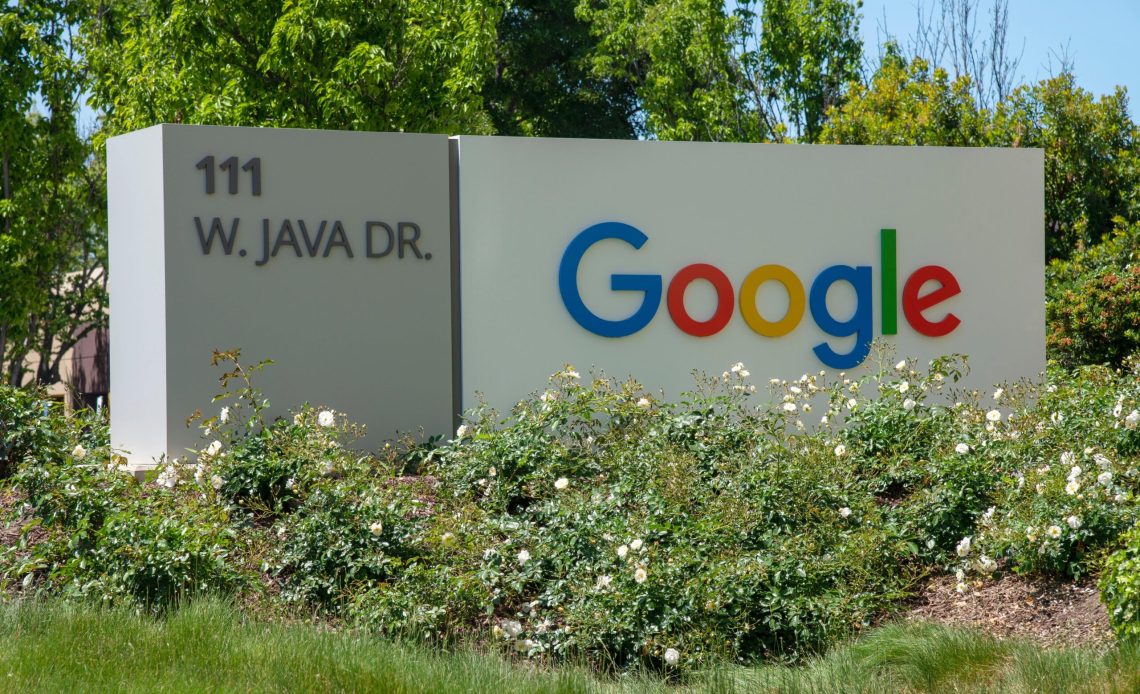India’s anti-money laundering agency, the Enforcement Directorate, has summoned officials from Google and Meta on Monday in relation to rising cases of money laundering through online betting apps.
Reuters mentioned anonymous government sources who informed that the investigation revolves around allegations that Google and Meta eased the way for these online betting platforms and provided them with a broader reach through advertisements.
The move marks a significant development in India’s escalating efforts to combat financial crimes in the rapidly growing digital betting and gambling sector.
Why are Google and Meta summoned?
The Enforcement Directorate’s notices to Google and Meta are part of a wider probe into a web of online betting apps allegedly operating under the cover of skill-based gaming.
Authorities suspect these online platforms have moved massive sums, running into crores through murky financial routes, including hawala networks, making it difficult to trace the flow of illegal money.
What’s raising eyebrows is how these apps managed to reach so many people. Investigators say they bought ad space on platforms owned by Google and Meta, like Facebook and Instagram, and got prime placement.
The ED is now looking into whether the tech giants, knowingly or not, helped amplify these apps through paid promotions and algorithms that pushed them in front of Indian users.
Key allegations
The ED claims that Google and Meta helped betting apps gain traction by letting their promoters buy ads and boost visibility despite government advisories issued back in 2022 warning against any kind of betting-related advertising, online or offline.
Investigators are also looking into whether payments exchanged between these tech platforms and the betting app operators may have breached the Prevention of Money Laundering Act (PMLA), potentially linking the companies to criminal activity.
Adding to the complexity, many of these betting apps didn’t even run their own tech. Instead, they used white-label platforms, ready-made systems that can be leased and rebranded by anyone willing to pay.
Local operators would slap their own logos on them and run the show, while sharing a cut of the profits with the original developers.
For regulators, that’s a nightmare. It muddles the trail, blurs accountability, and makes it much harder to figure out who’s actually behind these operations.
Notable cases
The ED’s probe has pulled back the curtain on what appears to be a vast and well-organized betting racket, tied to several big-name platforms like Junglee Rummy, A23, JeetWin, Parimatch, Lotus365, Fairplay, and Mahadev.
The Mahadev case alone is massive, worth an estimated ₹6,000 crore, and has already sparked controversy over alleged political connections and kickbacks involving powerful figures.
In a major twist last week, the ED named 29 Indian celebrities in connection with the case. The list includes actors, TV personalities, influencers, and YouTubers accused of promoting these illegal betting apps.
The post Google, Meta face summons from India’s financial crime agency: here’s why appeared first on Invezz







